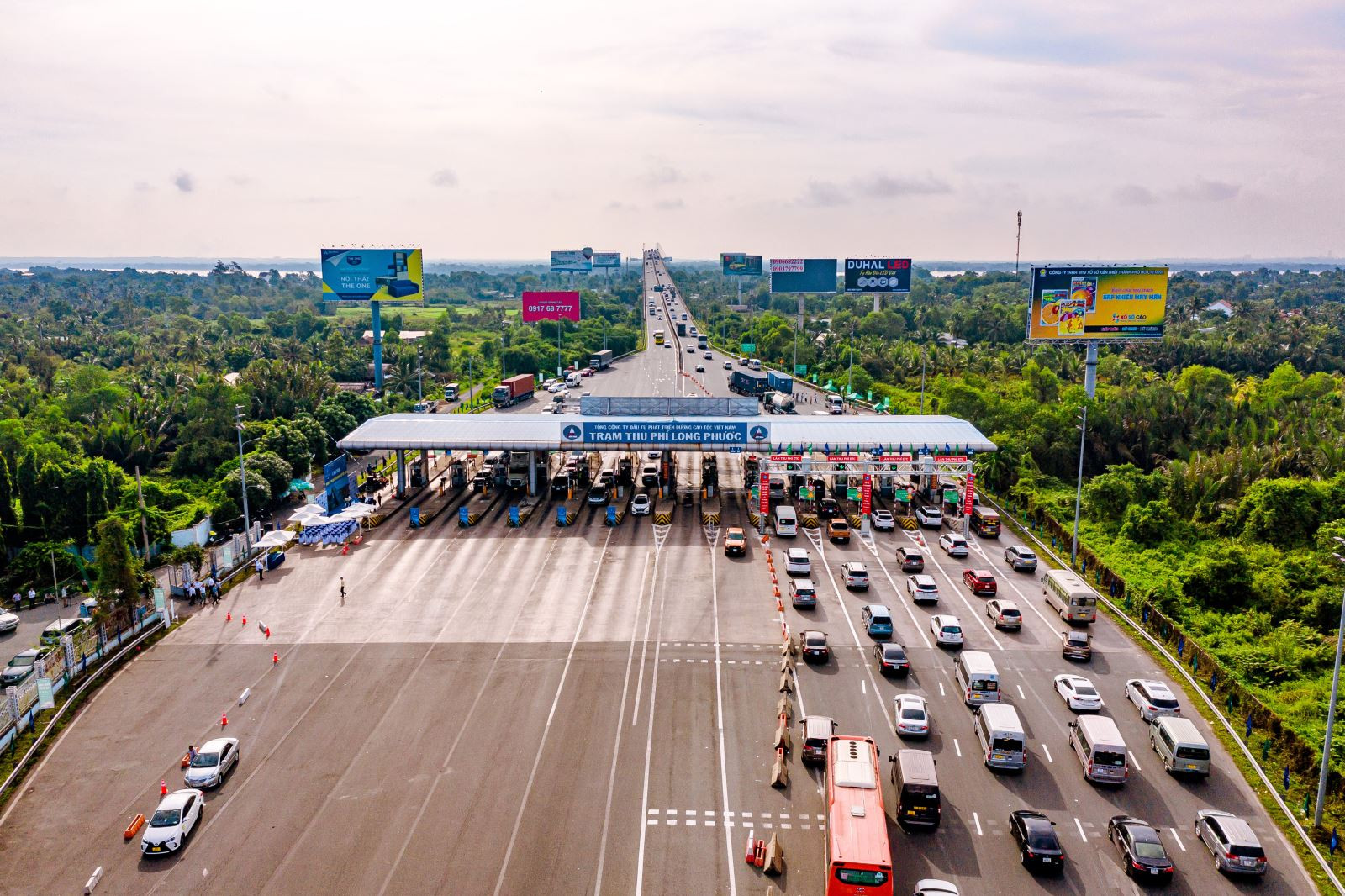
In the period of 2019 - 2030, the implementation of non-stop toll collection on highways will not only bring economic benefits of about 5.3 billion USD but can also help reduce 2.3 million tons of CO2 emissions, save 727 thousand tons of gasoline and diesel, more than 1 billion hours of labor, 445 million hours of vehicle life and 465 million USD in operating costs for toll collection.
This is the information provided by Associate Professor Dr. Vu Minh Khuong in a scientific research report titled “Implementing electronic toll collection (ETC) on expressways: Global trends. Estimated benefits from a case study of Vietnam and policy discussions”. This report has also been published on the website of the Lee Kuan Yew School of Public Policy, National University of Singapore (NUS).
The report, which is nearly 50 pages long, focuses on the process of converting the ETC system to manage highways, similar models and benefits measured through numbers. From generalizing global ETC application models, including the conversion process in China and India, to detailing the potential benefits of deploying ETC on highways, especially in Vietnam.
According to the report, the global ETC market has seen significant growth, reaching USD 9.2 billion by 2023, with a compound annual growth rate (CAGR) of 9.4% since 2020 and is expected to continue to maintain a CAGR of 8.10%, reaching USD 14.7 billion by 2029, mainly due to the application of ETC on expressways (accounting for about 90% of the market). The two main technologies being deployed are RFID and DSRC, which exist in parallel, based on the needs and infrastructure capabilities in each market, in which RFID (the technology currently applied in Vietnam) is superior to DSRC in both market share and growth rate.
In Vietnam, the author emphasizes the remarkable economic achievements of the renovation process since 1986, of which the development of the expressway system is one of the top priorities. As of 2021, Vietnam has 1,290 km of expressway and is aiming to have 5,000 km by 2030. That process is also associated with the drastic conversion from the manual toll collection system (MTC) to the ETC non-stop toll collection on national highways and expressways from 2019 to present.
The impressive results are a significant reduction in travel times, the elimination of traffic congestion at toll stations, reduced fuel consumption and a reduction in CO2 equivalent emissions. This results in significant improvements in transport efficiency, the environment and public health.
In 2023, the first year Vietnam fully implemented ETC on highways nationwide, the total CO2 emissions reduction was up to 191,860 tons thanks to a reduction of 60,816 tons of gasoline and diesel fuel consumed at toll stations. Also in 2023, society saved 93.3 million hours of labor and 37.3 million hours of vehicle life.
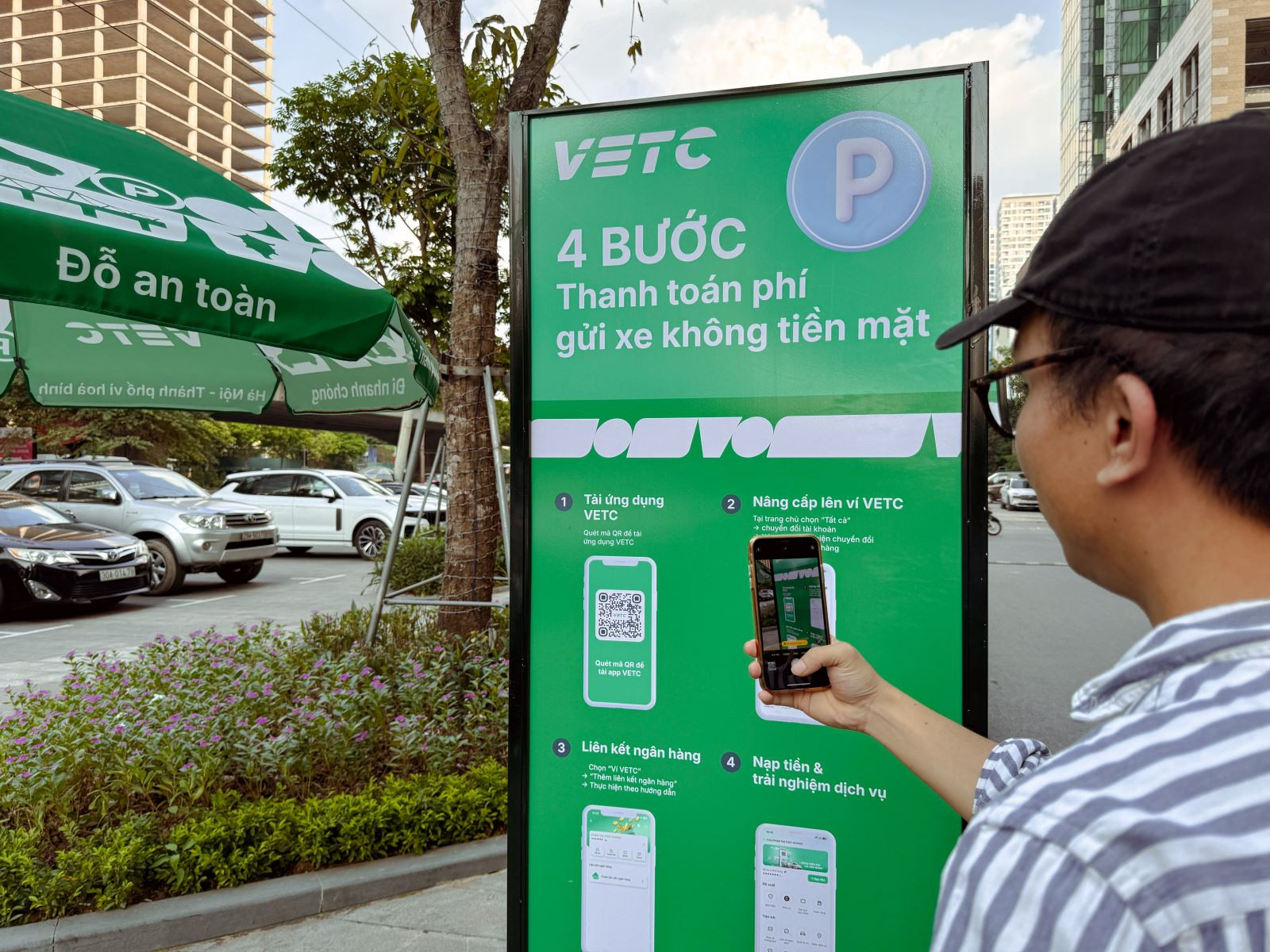
In terms of cash equivalent, the report shows that the total cost savings for 2023 across four metrics: energy, labor, vehicle life, and operating costs amount to $442.7 million. Compared to the start of the ETC push in 2019, the benefits of CO2-equivalent emissions reduction and total cash-equivalent savings have increased 14 times. In the entire 2019-2023 period, the benefits that Vietnam will gain from implementing ETC are equivalent to nearly $1 billion.
From the impressive results of ETC implementation in Vietnam, Associate Professor, Dr. Vu Minh Khuong and his colleagues pointed out important lessons for this transition in developing economies. That is, the Government plays an important role in promoting the transition process. Specifically, the Government has established a specialized working group to promote the application of technology in infrastructure development, helping the ETC implementation process overcome initial obstacles and implement decisions quickly and widely.
The involvement of private companies in the deployment and management of ETC infrastructure has also improved efficiency, speed of deployment and operations. This demonstrates that public-private partnerships in Vietnam have fostered innovation and efficiency, leveraging private sector expertise and resources to accelerate adoption and improve system efficiency.
Finally, the implementation of ETC also marks the beginning of a broader digital transformation in the transport sector, smart mobility. ETC generates valuable data for enhanced traffic management, economic analysis and business decision making. Potential applications of ETC should be extended to similar digital payment systems for urban tolls, e-parking, cashless refuelling or other toll facilities.
Source: https://baohaiduong.vn/viet-nam-co-the-thu-ve-loi-ich-kinh-te-hang-ty-usd-nho-thu-phi-etc-390018.html










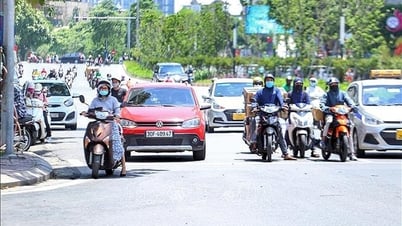











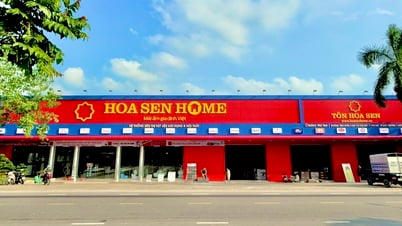






















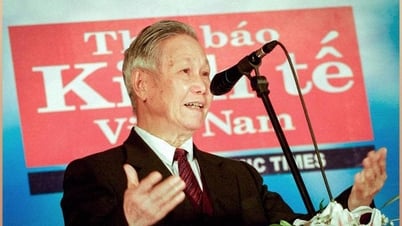


















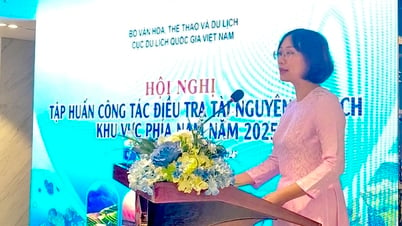


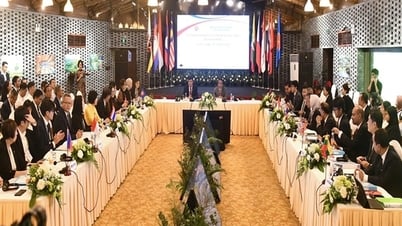





























Comment (0)